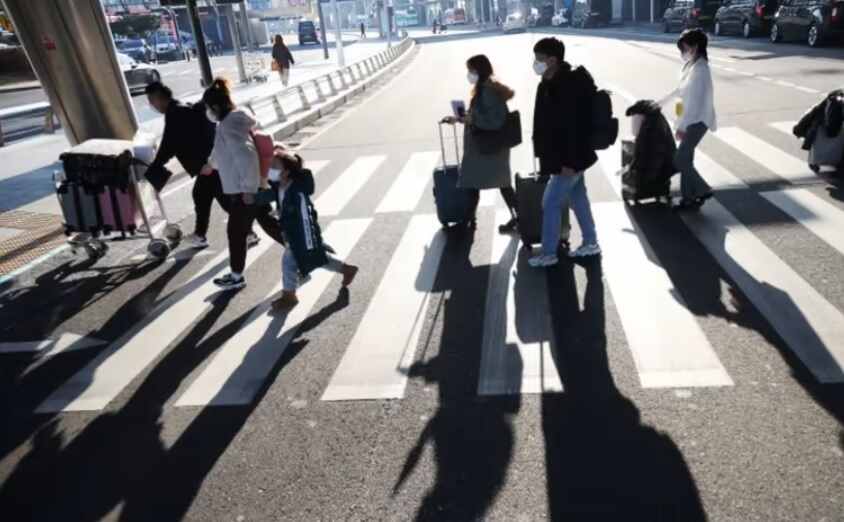South Korea is preparing to open its door to foreign maids to try to reverse the world’s lowest birthrate. Seoul City will allow 100 domestic workers from abroad to work in the capital through a pilot program to boost birth rates by helping more women rejoin the workforce. The issue sits at the confluence of South Korea’s sharply declining birthrate, aging population, and historical reluctance to accept more immigrants.
The plan, slated to start in December, will include foreign workers from the Philippines and other countries to address shortages of Koreans willing to work as household laborers. Officials say they will be guaranteed at least the minimum wage of 9,620 won ($7.41) and that if they work full time, it would cost households 3.5 million to 4.5 million won a month.
Dual-income couples and single parents are eligible to apply for foreign domestic workers, and the government will screen hopefuls based on age, expertise, language capabilities, and criminal records. Before starting work, they will also undergo training in Korean language, culture, and labor law. Successful applicants will be taught childcare and housekeeping basics. The Seoul city plan aims to start with 100 foreign domestic workers and gradually increase their numbers. Households must provide a separate living space for the helpers, a policy to protect them from abuse and exploitation.
Seoul Mayor Oh Se-hoon has long advocated bringing in foreign maids, citing Hong Kong and Singapore’s programs that have successfully raised birthrates and helped keep women from leaving the workplace mid-career.
However, the city has been criticized for relying too heavily on temporary workers, with many of them coming from the Philippines and Indonesia. This has prompted concerns about exploitation and its impact on the local economy.
Although the country has one of the world’s fastest-growing economies, its aging problem has already begun to bite. Its aging population is rapidly shrinking the number of people in the labor force while increasing demand for health care and housing is straining public budgets. The result is growing economic pressure on the social security and pension systems.
In recent decades, South Korea has made strides in education and healthcare. Its baby boomers have the highest level of education among high-income countries, and they are also working longer and saving more for retirement. But even so, the gap between lifespan and health span has widened, putting pressure on the government to reform its pension system to ensure a stable financial future for older citizens. It’s a daunting task requiring sacrifice from citizens. Still, making those sacrifices is far easier when they feel a sense of civic duty connected to a familiar national story. The demographic crisis challenges that narrative and, with it, the civic foundations of democracy.



